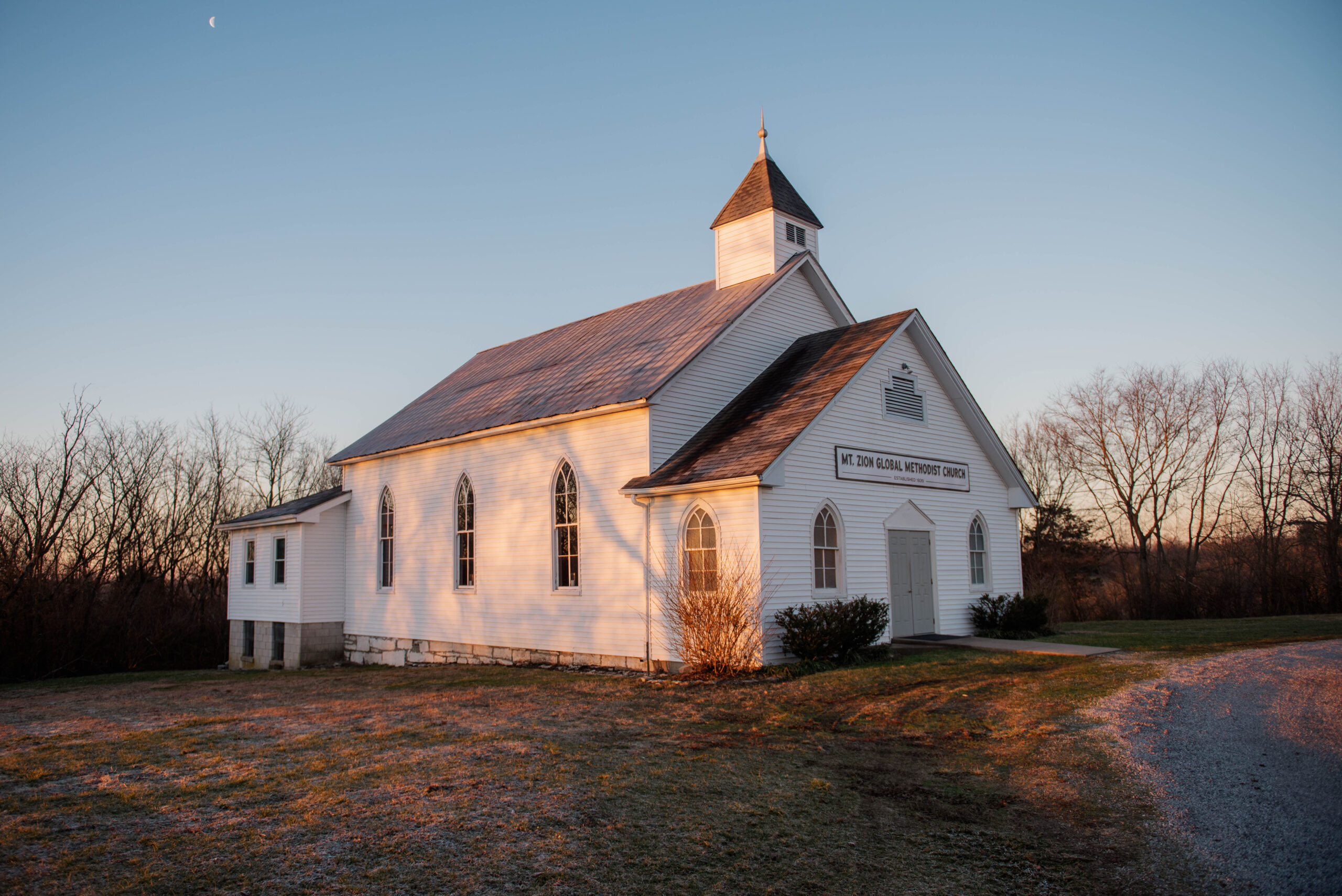“Kentucky criminalizes homelessness.” That was the first thing I saw on the whiteboard under the “News” section on Monday when I walked into the newsroom for our weekly staff meeting. I assumed this was someone’s three-word interpretive summary of something going on in Frankfort, Kentucky’s capital.
According to Oxford Languages, the verb “criminalize” means to “turn an activity into a criminal offense by making it illegal.” I figured there was no way that Kentucky’s government was considering this. “Shouldn’t the ‘Kentucky criminalizes homelessness’ story be under Opinion?” I asked, “That’s pretty loaded language right there.”
As it turns out, no. No, it should not go under Opinion. That is just the news. Kentucky is trying to criminalize homelessness. Plain and simple.
That’s horrifying.
To be clear, homelessness does not occur due to laziness or wickedness as seems to be the assumption. Homelessness in the United States happens for a multitude of reasons. A quick Google search will tell you it occurs because of a lack of affordable housing, domestic violence, inaccessibility of mental health and addiction treatment, and poverty. Homelessness is an epidemic in our nation, but not because it is a contagious disease. Rather, it is due to inexcusable systematic failures of our government. Which, in a democratic republic, means a failure of the people voting. Yet, we treat it as if it’s the plague; if you get too close, you might catch it.
People should not be punished for the government’s failure to care for its people. That is really what this all boils down to. Homelessness will not end–or even lessen– if it is criminalized. However, what might actually help is if housing was made more affordable, if we did a better job at addressing mental health, and if the minimum wage was raised to a livable wage.
First, I want to emphasize the importance of being politically informed and the necessity of voting. According to the Commonwealth of Kentucky State Board of Elections, only 20.9% of registered voters between the ages of 19-24 actually voted in the 2023 general election. That is lower than any other age group. I often hear our generation complaining that this country is only just run by a bunch of senile folks, and yet we don’t do what is required to change that– vote.
As I look around and see the injustice in the world, I am filled with grief that quickly mutates into rage. Why is the government–the institution that is supposed to protect people– allowing people to go hungry and live on the streets? Why have we systematically made it near-impossible to come out of poverty? The rich become richer, and the poor, poorer.
But as I turn this idea over in my head, I always come back to the same question. Why isn’t the church doing more to prevent this? And if not to prevent, then at least to support impoverished people. The reality is that the government is always going to prioritize the capitalist system, which means letting people starve. But the church was made to be different.
However, it seems as if many churches have lost sight of the true duty of the church, and instead are more concerned with the growth of the congregation than they are with their neighbors. It doesn’t matter how many people you have attending your church if you are not serving your community. Church without service is just a social club, not the hands and feet of Christ.
At first glance, the problem of homelessness seems insurmountable. I had now clue how it would even be possible to take on such a feat without having the means of a megachurch. But then I found an article about St. Matthew’s United Methodist Church, with only 25 members in Memphis, Tennessee. Through partnering with other churches and organizations in the area, they have been able to provide shelter, showers, and hot meals. Not only that, but the lay leader of St. Matthew’s UMC is trained in trauma response and has been able to serve the community in that way.
Additionally, The Episcopal Church of the Advocate in Orange County, North Carolina has joined over a dozen other organizations in partnering with Pee Wee Homes. This is a non-profit organization whose mission “is to create dignified, affordable, tiny homes in a caring community for, and with, people transitioning out of homelessness.” According to the PWH website, Board Chair, Reverend Lisa Fischbeck, “has focused on working with faith communities interested in building homes on their land.”
The role of the government, according to John Locke,“ is to secure and protect the God-given inalienable natural rights of the people.” However, since the government seldom does its job, I would argue that this is first the church’s responsibility.
Featured image by Lena Overman.


